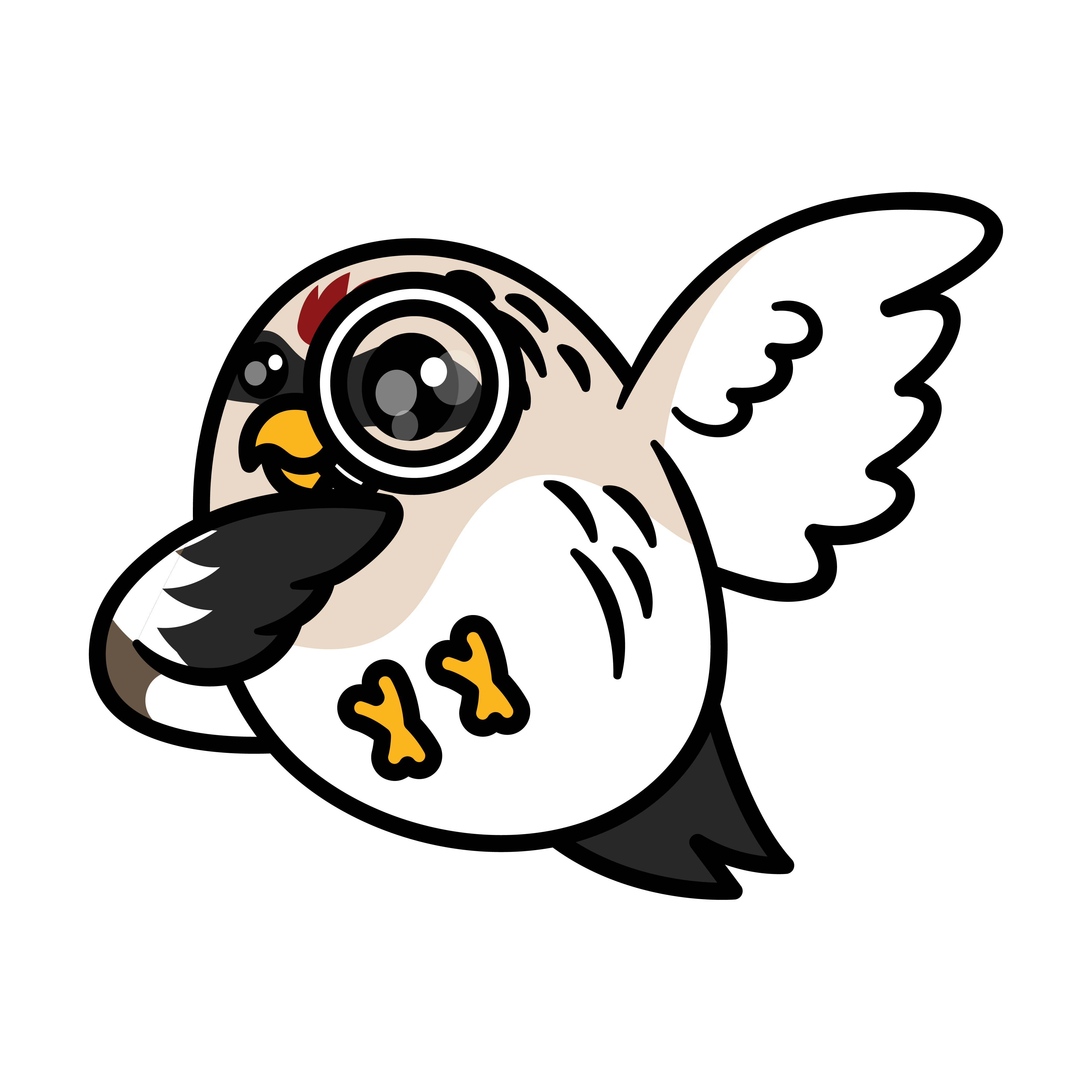JSON Schema
To convert an Acanthis schema to JSON Schema, you can use the toJsonSchema method.
final schema = object({
'name': string(),
'age': number(),
}).toJsonSchema(); // => Map<String, dynamic>
// => {
// type: 'object',
// properties: {
// name: {type: 'string'},
// age: {type: 'number'}
// },
// required: ['name', 'age'],
// }This will generate a JSON Schema that describes the structure of the Acanthis schema.
All the types and most of the checks are converted to their closest JSON Schema equivalents.
Numeric Types
Acanthis exposes a single type for numbers, number(). This can cause confusion when converting to JSON Schema, as JSON Schema has two numeric types: integer and number. To solve this issue Acanthis uses the following rules:
- If the schema is a
number()and has no checks, it will be converted tonumberin JSON Schema. - If the schema is a
number()and has aintegercheck, it will be converted tointegerin JSON Schema.
So, if you want to create a JSON Schema that uses integer, you can use the integer check:
final schema = object({
'age': number().integer(),
}).toJsonSchema();
// => {
// type: 'object',
// properties: {
// age: {type: 'integer'}
// },
// required: ['age'],
// }Nullable Types
Nullable types are converted to JSON Schema using the oneOf keyword. This means that the schema will accept either the type or null. For example:
final schema = object({
'name': string().nullable(),
}).toJsonSchema();
// => {
// type: 'object',
// properties: {
// name: { anyOf: [{type: 'string'}, {type: 'null'}]}
// },
// required: ['name'],
// }Recursive Types
During the generation of the schema, Acanthis handles recursive types by using the $ref keyword. This means that the schema will reference itself when it encounters a recursive type. For example:
final schema = object({
'name': string(),
'children': lazy((parent) => parent.list())
}).toJsonSchema();
// => {
// $defs: {
// children-lazy: {
// type: 'array',
// items: {
// type: 'object'
// properties: {
// name: {type: 'string'},
// children: {$ref: '#/$defs/children-lazy'}
// },
// required: ['name', 'children']
// }
// }
// },
// type: 'object',
// properties: {
// name: {type: 'string'},
// children: {$ref: '#/$defs/children-lazy'}
// },
// required: ['name', 'children'],
// }Metadata
As seen in the metadata section, you can add metadata to your schema. This metadata is also converted to JSON Schema for example:
final schema = object({
'name': string(),
'age': number(),
}).meta(MetadataEntry(
title: 'Person',
description: 'This is a schema for a person.',
)).toJsonSchema();
// => {
// type: 'object',
// properties: {
// name: {type: 'string'},
// age: {type: 'number'}
// },
// required: ['name', 'age'],
// title: 'Person',
// description: 'This is a schema for a person.',
// }toPrettyJsonSchema()
String toPrettyJsonSchema(int indent = 2)
The toJsonSchema method returns a Map<String, dynamic> that can be converted to a JSON string using the jsonEncode method. You can use the prettyPrint parameter to format the output:
final schema = object({
'name': string(),
'age': number(),
}).toPrettyJsonSchema();
// => {
// "type": "object",
// "properties": {
// "name": {"type": "string"},
// "age": {"type": "number"}
// },
// "required": ["name", "age"],
// }